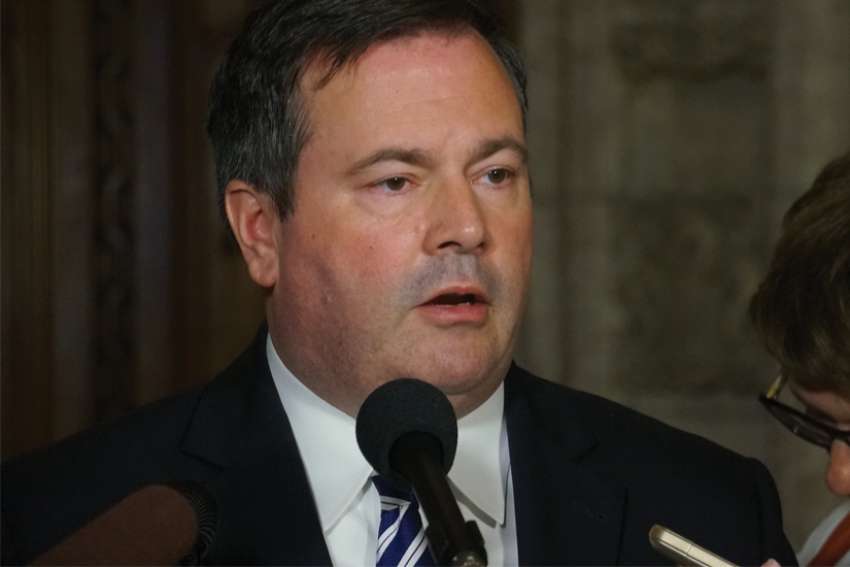Get out into the countryside and you find large numbers of environmentalists, people who made their living off the land or for whom the mountains, lakes and foothills are their main places of recreation. Many Albertans have a close attachment to the land. Their parents and grandparents were farmers or worked in the bush. Others came to the province and fell in love with its diverse landscapes. Even some employed in the petroleum industry want to protect the province’s environment.
The premier of the day, Peter Lougheed, understood that. It was one reason his government developed its Eastern Slopes policy. Parts of the foothills and surrounding areas outside of the mountain parks were open for exploration and drilling, but resource development was banned in much of the vast territory.
Lougheed was famous, or infamous, for strongly defending Albertans’ ownership of its petroleum resources, not only from claims made by the federal government but also from control by the oil industry. During his premiership and that of his successor, Don Getty, the government upheld its right to allow resource development only where and when it would benefit the people. Subsequent governments have been more beholden to the industry.
Still, it was shocking that current Premier Jason Kenney assumed he could wipe out important restrictions from the Eastern Slopes policy and not receive significant blowback from the people who elected him. When the government allowed coal companies to explore in areas where resource development had previously been banned, at first little outcry was heard. The government had “announced” the lifting of restrictions, with no public consultation, on a Friday afternoon in the middle of a pandemic prior to the May long weekend. Who would notice?
In Kenney’s view, environmental advocacy is a foreign import, funded with millions of dollars from shady foundations based in the United States. He was about to learn something different. A petition signed by more than 100,000 people objected to lifting the restrictions on coal development as did numerous ranchers, First Nations and town councils in southwestern Alberta. Concerns included devastation of beautiful mountainsides and poisoning of water supplies with selenium runoff from the mining.
The premier dismissed the opposition as coming from city slickers who look down their noses at coal miners. But with the largest outcry coming from rural areas deep in Tory territory, he had to eat those words. On Feb. 8, Energy Minister Sonya Savage restored the Coal Development Policy and said no new leases will be granted until after public consultation. However, the minister has not rescinded the leases which have already been granted. The battle to stop strip mining on the Eastern Slopes is far from over.
Prior to her election to the legislature in 2019, Savage worked in government relations and policy development for the Canadian Energy Pipeline Association and Enbridge, a leading pipeline and energy utilities company. She cannot be described as an unbiased observer of resource development. As well, previous Alberta energy and environment ministers have gone to work in the industry once their days in politics concluded.
Like me, Kenney was born and raised outside Alberta. He came to the province to head the Canadian Taxpayers Federation and then represented a Calgary constituency in the House of Commons for 19 years. As premier, he oversees a cabinet with 13 of its 22 members from Calgary.
In early February, Brian Jean, former leader of the Wildrose Party who with Kenney founded the United Conservative Party, criticized the government for its combative style and for being out of touch with rural Albertans. “Albertans would be surprised by how many of this government’s top staff and bureaucrats aren’t from Alberta,” Jean wrote in the province’s Postmedia newspapers. “If they haven’t committed to making Alberta their permanent home, they might not be suited for the job.”
Kenney dismissed Jean’s criticism as coming from an “armchair quarterback” sitting on the sidelines.
The governing principles of the Alberta government are three: antagonism toward Ottawa, a far-right ideology and a close alignment with the petroleum and coal industry. Understanding the desires of the wide spectrum of people it represents is apparently not a priority.
(Argan lives in Edmonton. Read more of his writing at glenargan.substack.com)


